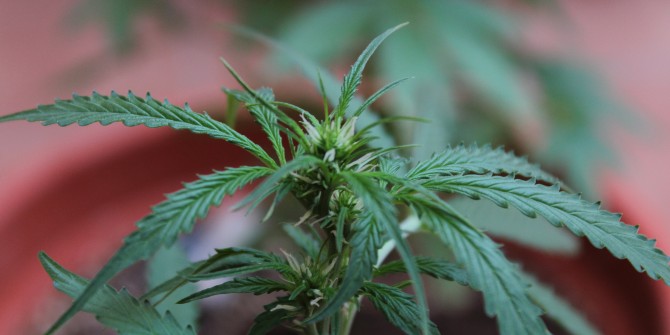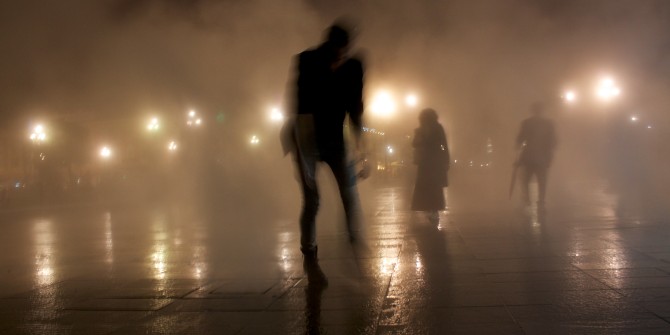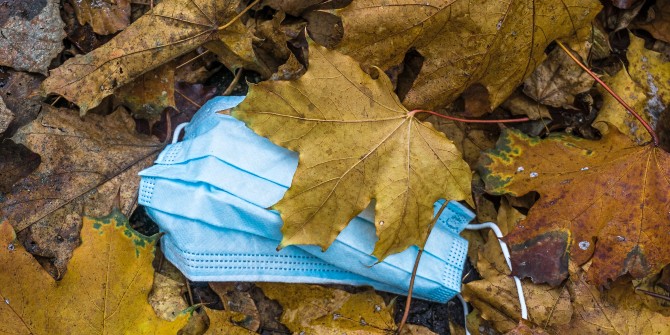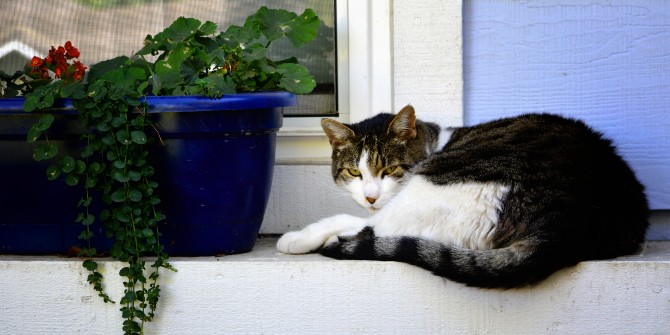The year 2020 was characterised by societal upheaval in the US. Jaques Joseph (LSE) sets out the findings of a study into the way medicinal cannabis was prescribed.
In the United States, a few states ban cannabis altogether. In others, like California, it is legal for recreational use. Medicinal cannabis can be prescribed in 36 states, although the criteria vary widely.
We wanted to find out how the COVID-19 pandemic had affected the demand for medicinal cannabis in the US. Using a proprietary patient dataset containing over 125,000 records provided by Veriheal, a tech healthcare company that educates and connects patients with prescribing cannabis doctors, we looked at new patient sign-ups in addition to confirmed appointments as an indication of demand.
We found that there was overwhelming interest in cannabis for the alleviation of mental symptoms during this period. Nearly half (46%) of new patients selected “Happy/Bliss” as the predominant effect of interest in 2020. This was unexpected, as medical cannabis users have traditionally sought the relief and alleviation of physical symptoms and chronic conditions. Millennials were the most likely to get a medical marijuana card in 2020, followed by Generations X and Z.
We know that ‘long COVID‘ can cause brain fog, insomnia, depression and anxiety. Some people have been traumatised by the fear of catching the virus; others will have suffered bereavement and struggled to deal with periods of lockdown and self-isolation. In the US, the year 2020 also witnessed harrowing images of political and civil unrest during the Black Lives Matter protests and the occupation of the US Capitol.
While the impact of political and civil unrest on cannabis use needs to be investigated further before we can make a connection between the two, we did find a positive correlation between the geographical areas most affected by COVID-19 and medical cannabis demand. New York City was the epicentre of the pandemic and also the city with the highest number of patient sign-ups and appointments booked. The state with the highest demand was Pennsylvania, where recreational use of cannabis is banned.

The results of this study are of particular interest as the US and Europe emerge from lockdown restrictions and begin to understand the impacts of COVID on mental health. The medicinal cannabis market in Europe, where the drug is still largely banned, remains in its infancy, but it will be interesting to see whether the experience of the pandemic, and a lockdown-related rise in alcohol consumption at home in the US, changes the narrative around prohibition.
This post represents the views of the author and not those of the COVID-19 blog, nor LSE.





